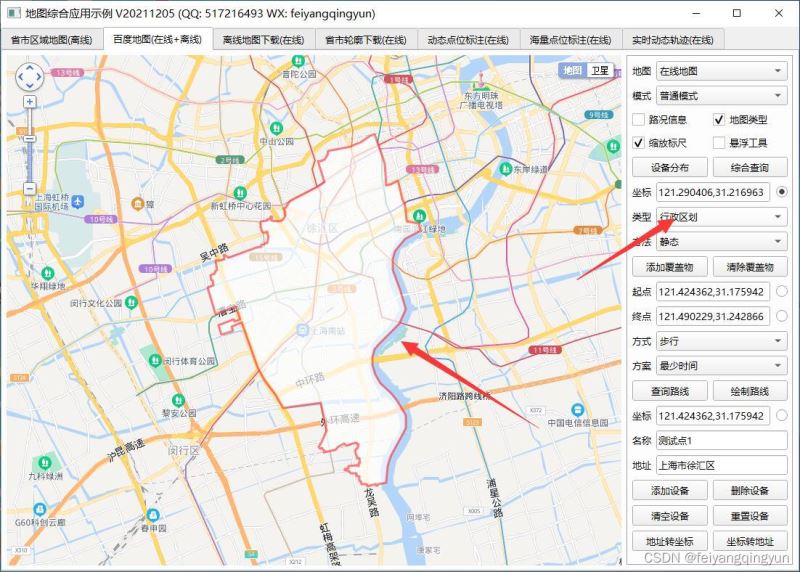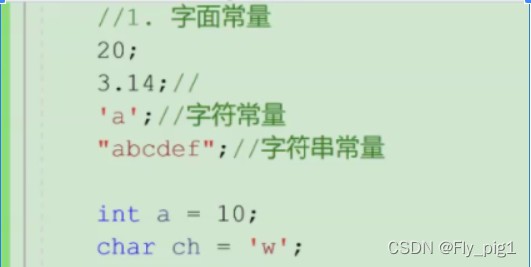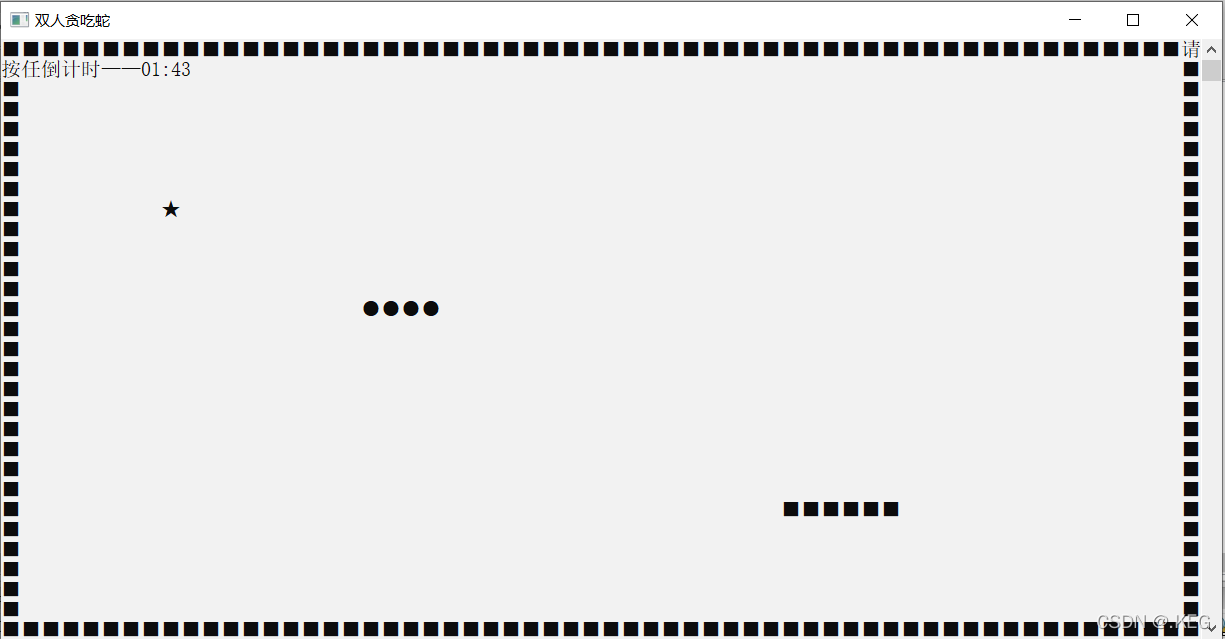Why is std::queue not thread-safe?(为什么 std::queue 不是线程安全的?)
问题描述
The topic says it. I don't understand why the std::queue (or in general: any queue) is not thread-safe by its nature, when there is no iterator involved as with other datastructures.
According to the common rule that
- at least one thread is writing to ...
- and another thread is reading from a shared resource
I should have gotten a conflict in the following example code:
#include "stdafx.h"
#include <queue>
#include <thread>
#include <iostream>
struct response
{
static int & getCount()
{
static int theCount = 0;
return theCount;
}
int id;
};
std::queue<response> queue;
// generate 100 response objects and push them into the queue
void produce()
{
for (int i = 0; i < 100; i++)
{
response r;
r.id = response::getCount()++;
queue.push(r);
std::cout << "produced: " << r.id << std::endl;
}
}
// get the 100 first responses from the queue
void consume()
{
int consumedCounter = 0;
for (;;)
{
if (!queue.empty())
{
std::cout << "consumed: " << queue.front().id << std::endl;
queue.pop();
consumedCounter++;
}
if (consumedCounter == 100)
break;
}
}
int _tmain(int argc, _TCHAR* argv[])
{
std::thread t1(produce);
std::thread t2(consume);
t1.join();
t2.join();
return 0;
}
Everything seems to be working fine: - No integrity violated / data corrupted - The order of the elements in which the consumer gets them are correct (0<1<2<3<4...), of course the order in which the prod. and cons. are printing is random as there is no signaling involved.
Imagine you check for !queue.empty(), enter the next block and before getting to access queue.first(), another thread would remove (pop) the one and only element, so you query an empty queue.
Using a synchronized queue like the following
#pragma once
#include <queue>
#include <mutex>
#include <condition_variable>
template <typename T>
class SharedQueue
{
public:
SharedQueue();
~SharedQueue();
T& front();
void pop_front();
void push_back(const T& item);
void push_back(T&& item);
int size();
bool empty();
private:
std::deque<T> queue_;
std::mutex mutex_;
std::condition_variable cond_;
};
template <typename T>
SharedQueue<T>::SharedQueue(){}
template <typename T>
SharedQueue<T>::~SharedQueue(){}
template <typename T>
T& SharedQueue<T>::front()
{
std::unique_lock<std::mutex> mlock(mutex_);
while (queue_.empty())
{
cond_.wait(mlock);
}
return queue_.front();
}
template <typename T>
void SharedQueue<T>::pop_front()
{
std::unique_lock<std::mutex> mlock(mutex_);
while (queue_.empty())
{
cond_.wait(mlock);
}
queue_.pop_front();
}
template <typename T>
void SharedQueue<T>::push_back(const T& item)
{
std::unique_lock<std::mutex> mlock(mutex_);
queue_.push_back(item);
mlock.unlock(); // unlock before notificiation to minimize mutex con
cond_.notify_one(); // notify one waiting thread
}
template <typename T>
void SharedQueue<T>::push_back(T&& item)
{
std::unique_lock<std::mutex> mlock(mutex_);
queue_.push_back(std::move(item));
mlock.unlock(); // unlock before notificiation to minimize mutex con
cond_.notify_one(); // notify one waiting thread
}
template <typename T>
int SharedQueue<T>::size()
{
std::unique_lock<std::mutex> mlock(mutex_);
int size = queue_.size();
mlock.unlock();
return size;
}
The call to front() waits until it has an element and locks the underlying queue so only one thread may access it at a time.
这篇关于为什么 std::queue 不是线程安全的?的文章就介绍到这了,希望我们推荐的答案对大家有所帮助,也希望大家多多支持编程学习网!
本文标题为:为什么 std::queue 不是线程安全的?


基础教程推荐
- 非静态 const 成员,不能使用默认赋值运算符 2022-10-09
- 我应该对 C++ 中的成员变量和函数参数使用相同的名称吗? 2021-01-01
- 通过引用传递 C++ 迭代器有什么问题? 2022-01-01
- 为什么 typeid.name() 使用 GCC 返回奇怪的字符以及如 2022-09-16
- 初始化列表*参数*评估顺序 2021-01-01
- CString 到 char* 2021-01-01
- 如果我为无符号变量分配负值会发生什么? 2022-01-01
- 为什么 RegOpenKeyEx() 在 Vista 64 位上返回错误代码 2021-01-01
- 为什么派生模板类不能访问基模板类的标识符? 2021-01-01
- GDB 显示调用堆栈上函数地址的当前编译二进制文 2022-09-05

















